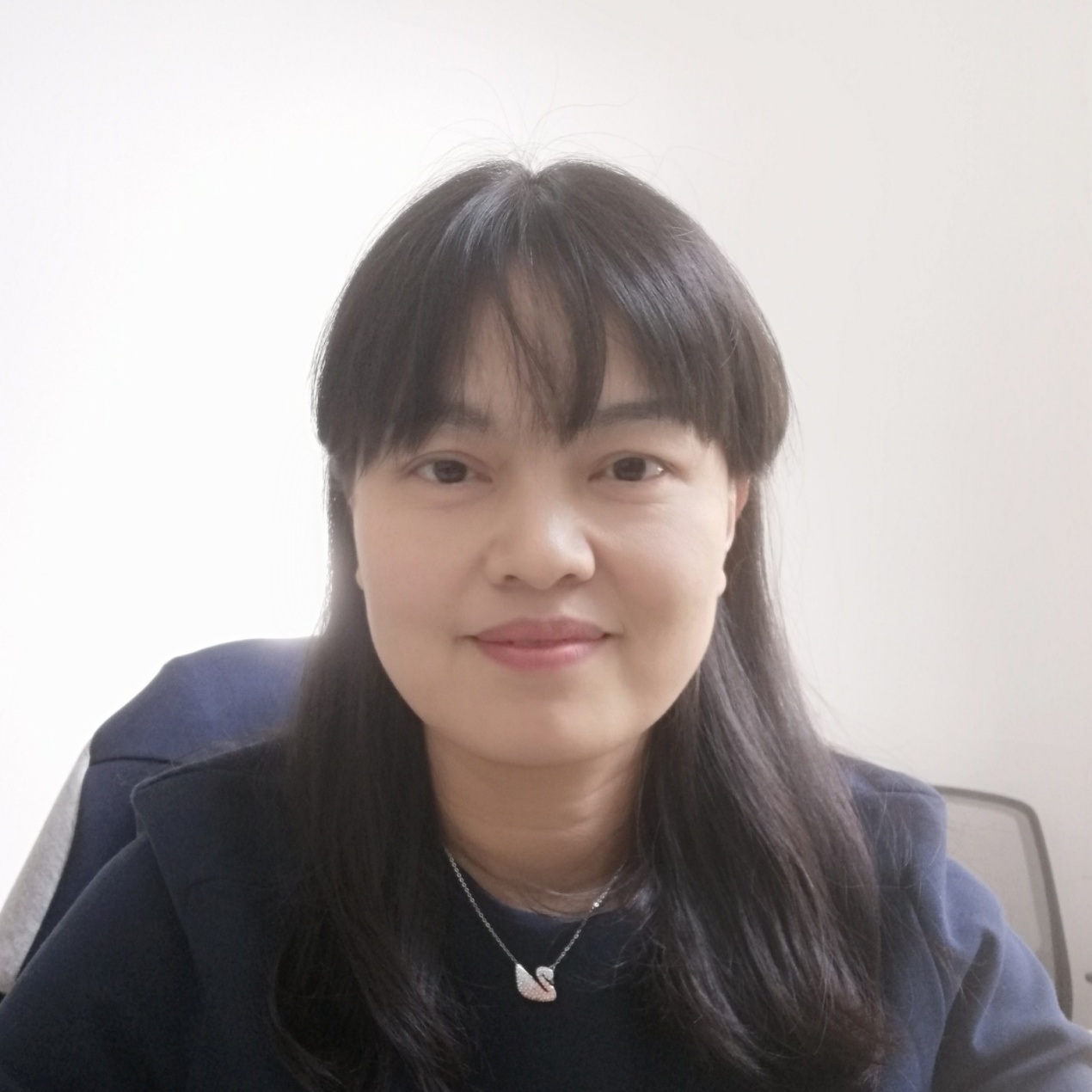Areas of Focus
- Neuroimmune mechanisms of paroxysmal neurological disorders
- Effects of glial cells on synaptic activity and mechanisms, especially the role of microglia in synapse formation and neuronal activity
- Mechanisms of active substance release by microglia, providing insights into mechanisms of neonatal epilepsy, hypoxic ischemic and thermal stress injuries
Work Experience
- 1997.7-2002.10 Assistant, Department of Physiology, Wuhan University Medical School
- 2002.10-2004.11 Lecturer, Department of Physiology, Wuhan University Medical School
- 2008.10-2013.10 Associate Professor, Department of Physiology, Wuhan University Medical School
- 2013.11-present Professor, Department of Physiology, Wuhan University Medical School
Academic Background & Achievements
- 1992.9-1997.7 Bachelor of Clinical Medicine, Hubei Medical University
- 1997.9-2000.7 Master of Physiology, Wuhan University Medical School
- 2000.9-2003.7 PhD in Pathogenic Biology, Wuhan University Medical School
- 2004.12-2007.2 Postdoctoral Fellow in Pharmacology, University of Texas Medical Center
Publications
- Complement C3 Aggravates Post-epileptic Neuronal Injury Via Activation of TRPV1, Peng BW et al., 2021
- Silencing of circIgf1r plays a protective role in neuronal injury via regulating astrocyte polarization during epilepsy, Peng BW et al., 2021
- NFAT5 and HIF-1α Coordinate to Regulate NKCC1 Expression in Hippocampal Neurons After Hypoxia-Ischemia, Peng BW et al., 2019
- TRPV1 mediates astrocyte activation and interleukin-1β release induced by hypoxic ischemia (HI), Peng BW et al., 2019
- TRPV1 translocated to astrocytic membrane to promote migration and inflammatory infiltration thus promotes epilepsy after hypoxic ischemia in immature brain, Peng BW et al., 2019
- Activation of TRPV1 Contributes to Recurrent Febrile Seizures via Inhibiting the Microglial M2 Phenotype in the Immature Brain, Peng BW et al., 2019
- Vitexin reduces epilepsy after hypoxic ischemia in the neonatal brain via inhibition of NKCC1, Peng BW et al., 2018
- Modulation of neuroinflammation: Role and therapeutic potential of TRPV1 in the neuro-immune axis, Peng BW et al., 2017
Awards
- 2007 Fujian Provincial People's Government Science and Technology Third Prize
- 2011 11th Zhang Xijun Fund National Young Outstanding Physiology Academic Paper Exchange and Excellent Poster Award
- 2011 Second Wuhan Natural Science Excellent Academic Paper Award Second Prize
- 2013 Chinese Physiology Society Young Scientist Travel Award for IUPS (Birmingham, UK)
- 2020 Hubei Colleges and Universities First-Class Undergraduate Course Award for 'The Mystery of Life - Essentials of Human Physiology'
- 2017-2018 Wuhan University Undergraduate Excellent Teaching Performance Award, Second 'Cha Quanxing Professor 1977 Teaching Award'
- Wuhan University 13th 'Respect Teachers and Love Learning - My Favorite Top Ten Excellent Teachers'





